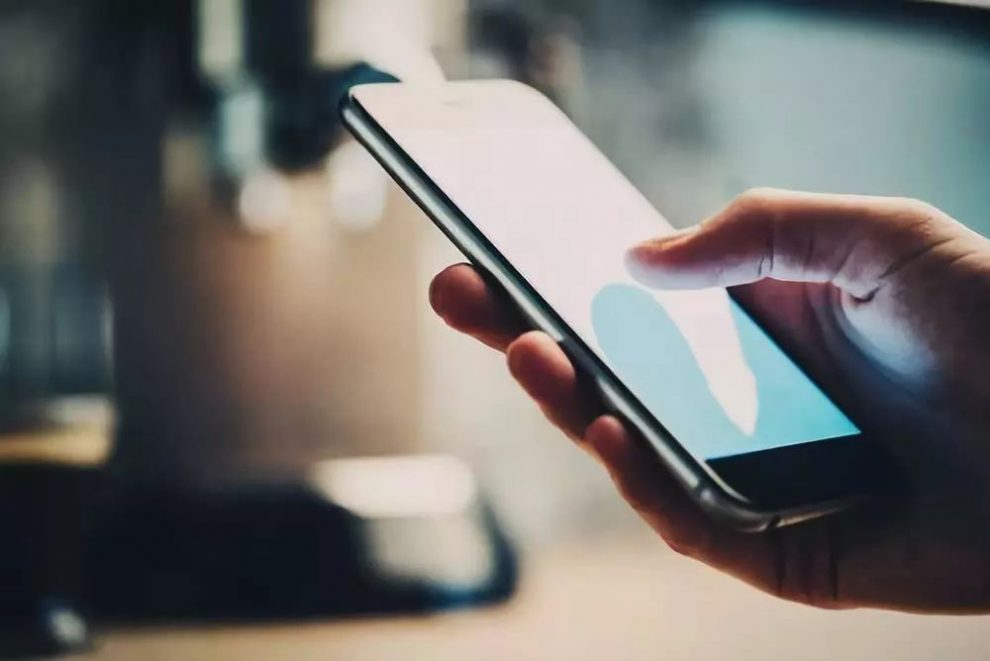In an era where our lives are increasingly intertwined with digital technology, mobile phones have become an indispensable part of our daily routine. These sleek, pocket-sized devices have evolved from mere communication tools to powerful mini-computers, capable of performing a multitude of tasks. However, as mobile phone technology advances, so do the concerns surrounding data security and privacy. This article delves deep into the world of mobile phone technology, exploring the challenges and solutions in safeguarding sensitive data and protecting user privacy.
The Mobile Phone Revolution
The rapid evolution of mobile phone technology over the last few decades is nothing short of extraordinary. From the bulky and limited-capability mobile phones of the early 90s to the sleek and feature-rich smartphones of today, these devices have transformed how we live, work, and communicate. But this evolution has come with its share of challenges, especially concerning the security of the vast amount of data these devices now handle.
Data on the Go: Mobile Phone Data and Its Significance
Mobile phones are, essentially, a treasure trove of data. They store everything from our personal messages, photos, and contacts to sensitive financial information and health data. The value of this data is not lost on cybercriminals, who are constantly devising new and sophisticated ways to gain unauthorized access to it. The first step in protecting this data is to understand its significance and the potential consequences of a security breach.
Privacy Matters: User Concerns in the Digital Age
Privacy is a fundamental right, and in the digital age, preserving it has become increasingly complex. Mobile phones are not just communication tools; they are also tracking devices, collecting vast amounts of information about our habits, preferences, and locations. Users have grown increasingly concerned about how this data is collected, used, and shared by both tech companies and malicious actors.
The Threat Landscape: Cybersecurity Risks in Mobile Phone Technology
Mobile phones face a myriad of security threats, both internal and external. From malware and phishing attacks to device theft and data breaches, the threats are diverse and ever-evolving. This section explores the most common risks that mobile phone users encounter and the potential consequences of these threats.
The Importance of Encryption
Encryption is the cornerstone of data security in mobile phone technology. It involves encoding data in a way that can only be deciphered by someone with the proper decryption key. This section delves into the different types of encryption used in mobile phones, such as end-to-end encryption for messaging apps and device encryption for overall data protection.
Biometrics: Adding an Extra Layer of Security
As passwords and PINs have their limitations, biometric authentication methods have gained popularity as an additional layer of security. Fingerprint recognition, facial recognition, and even iris scanning are now common features in modern smartphones. This section explores the strengths and weaknesses of biometric security measures.
App Permissions and User Control
Mobile apps play a crucial role in our daily lives, but they also pose privacy and security risks. Many apps request access to a wide range of data and functions on our phones. Understanding app permissions and learning how to control them is essential for safeguarding your data and privacy.
Two-Factor Authentication: A Must-Have for Security
Two-factor authentication (2FA) is a highly effective way to enhance the security of your mobile phone. This section explains what 2FA is, how it works, and why it is essential for protecting your accounts and sensitive data from unauthorized access.
Securing Your Mobile Device
The physical security of your mobile phone is just as important as its digital security. This section provides practical tips on how to secure your device from theft or loss, including the use of remote tracking and wiping features.
Mobile Operating Systems and Security
The choice of mobile operating system can have a significant impact on your device’s security. Android and iOS, the two most popular platforms, have different approaches to security. This section compares their security features and discusses the pros and cons of each.
Enterprise Mobile Security
For businesses and organizations, mobile phone security is a critical concern. This section delves into the challenges of securing mobile devices in the workplace and the solutions available to protect sensitive corporate data.
Privacy Regulations and Legal Frameworks
Governments and regulatory bodies have recognized the importance of data privacy and security in the digital age. This section discusses the key privacy regulations, such as GDPR and CCPA, and their implications for mobile phone users and technology companies.
Emerging Technologies and Future Challenges
The world of mobile phone technology is in a constant state of flux. This section explores emerging technologies, such as 5G, IoT, and AI, and how they will impact the future of mobile phone security and privacy.
The Human Element: User Education and Awareness
Ultimately, the security and privacy of mobile phone technology rely on user awareness and responsible practices. This section provides tips and resources for users to stay informed and take an active role in protecting their data and privacy.
Conclusion
Mobile phone technology has revolutionized the way we live and work, but it has also brought new challenges in terms of data security and privacy protection. As technology continues to advance, it’s essential for users to stay informed, adopt best practices, and leverage the available tools and solutions to ensure the safety of their data and the preservation of their privacy in an increasingly connected world. By understanding the risks and taking proactive measures, we can continue to enjoy the benefits of mobile phone technology while minimizing the associated security and privacy concerns.














Add Comment